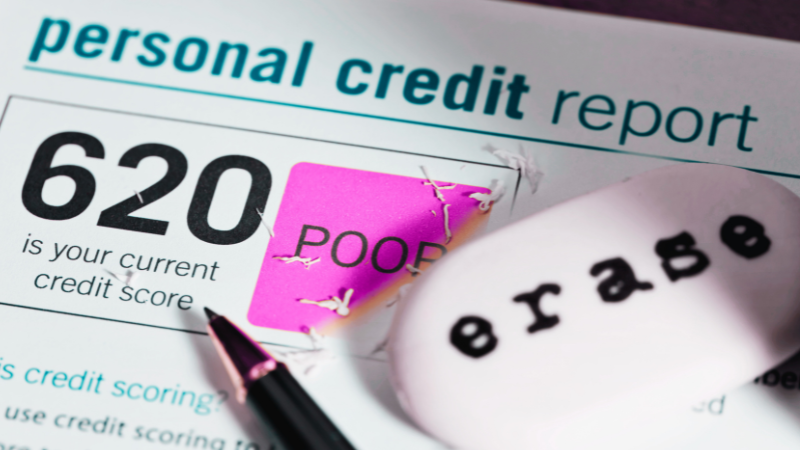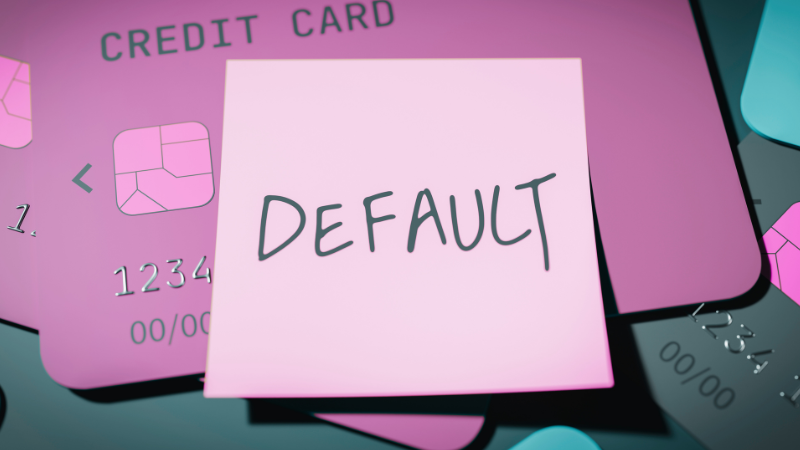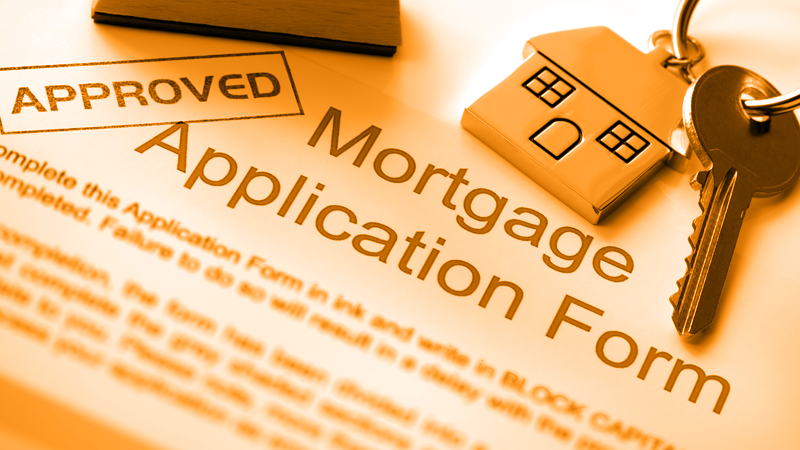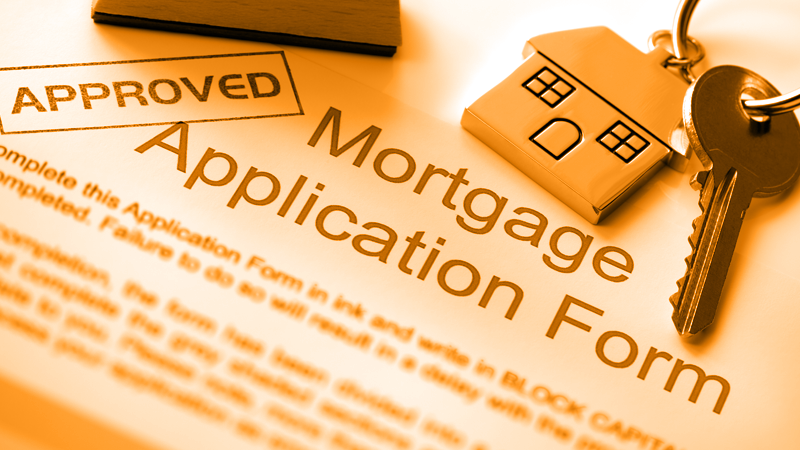Having an individual voluntary agreement (IVA) can cause issues when looking to secure a mortgage, however this guide will provide some insight into overcoming some of the common hurdles.
What is an individual voluntary agreement (IVA)?
An individual voluntary agreement or IVA is a process to avoid bankruptcy where a person signs a contract to make certain repayments of debt to the lenders.
People often opt for an IVA when they are facing financial troubles and cannot pay off all debts in full.
When entering into an IVA, the interest is frozen on outstanding debts and possibly the repayments are lowered to a more manageable amount.
How does an IVA after your credit rating?
A credit score illustrates how worthy of credit an individual is at a given time.
The score is calculated by credit reference agencies by reviewing an individual’s credit history.
Lenders will use a credit score to analyse an individual during a credit application.
An applicant’s credit score will determine if an offer of credit can be made and the terms available to them such as the interest rate offered.
Someone with an IVA will have their credit score impacted. If an IVA is still active, further credit may not be offered, due to the level of risks that lenders would face.
An IVA agreement will stay on the financial records for six years following the date of the IVA agreement.
Once the agreement had concluded, a completion certificate should be issued to formally document that the IVA has been settled.
At this point, it is worth checking that the credit records have been updated correctly.
Windfall Clauses
IVA’s often contain a windfall clause which means that if a sudden cash sum is received during the duration of the agreement, it is given to the creditors.
The clause relates to any sum of money received such as a cash prize, inheritance or pay-outs.
Therefore, if someone who is subject to an IVA manages to gather the funds for a cash deposit during the period of the IVA, creditors may challenge the source of the money.
Looking for a commercial mortgage with bad credit? You may be interested in the possibility of shared ownership.
Improving a credit score following an IVA
As more time passes following the settlement of an IVA, a potential mortgage applicant’s credit score will improve, therefore increasing the chances of obtaining a mortgage.
After six years, an IVA will drop off a credit history, however, a credit score will be impacted due to the lack of borrowing. Lenders will therefore be nervous as recent responsible use of credit has not been documented.
Top tips to improve your credit rating:
1. Check your credit report – Request a report from a reputable credit reference agency and review the content. If there are any errors, either contact the company directly or the credit reference agency whom the report was run with to investigate.
At this point, it is also worth checking the financial associations listed and requesting the removal of any old information, such as links to ex-partners.
2. Register to vote – By registering to vote you will be added to the electoral roll, which is another record that lenders can check to confirm the identity and address of applicants.
3. Apply for credit wisely – Every credit application will leave a mark on your credit file, which other lenders can see. Therefore, the history of any denied credit applications may also be visible.
4. Keep credit usage low – When applying for new credit, lenders will review a number of elements of your credit file, not only any outstanding balances but also the value of available credit.
5. Build a good credit history – Building a positive credit file shows that you can be responsibly borrowed, make regular and appropriate payments and remained within the credit limit. If you haven’t had any credit before, lenders will be nervous as there haven’t been any records of managing credit.
There are financial products on the market aimed at those who are building a credit history or recovering their credit file, such as ‘credit builder’ credit cards.
Often the interest rates will be very high therefore they are designed for the balance to be paid off in full every month for customers to document a pattern of responsible repayments on their credit file.
Want a mortgage for a rental property? They work slightly differently to regular residential mortgages, learn all about them in our buy to let mortgages with bad credit.
How to get a mortgage with an IVA
Settling an IVA can improve an applicant’s chances of success when applying for a mortgage.
However certain lenders will always refuse applicants that have ever had an IVA, whilst others would consider applicants.
However, there is a middle option. There are a number of lenders who will consider lending to mortgage applicants who have settled their IVA three years ago.
To be in the best position for this option, not only is the IVA settled but applicants have rebuilt their credit history by documenting responsible borrowing and repaying debts over time.
In this scenario, it would be beneficial for applicants to have a higher deposit, between 15% and 25% of the value of the property value.
This reduces risks to lenders and therefore increases chances that lenders will be prepared to issue a mortgage offer.
Any mortgage offers provided to those applicants with a bad credit history are likely to be at a higher interest rate and for a lower value, due to the risks to the lender.
Before applying for a mortgage, it would be sensible to seek the advice of an independent mortgage advisor who can investigate options and advise on the best approach, before searching the property market.
Note: If you have a debt management plan, or a default, it’s also still possible to attain a mortgage with bad credit, but as with an IVA there are more things to consider.
Applying for a mortgage with an IVA? Contact us Today
Our expert mortgage advisors are here to help you find a lender which you can secure a good deal from.
Deals available will be based on your financial situation and so you’ll have a much easier time finding a loan which is best for you.
Give us a call on 01925 906 210 to speak to an advisor, or contact us for mortgage advice that’s personal to you and takes your credit history into account.
That way you’ll know where you stand in the mortgage market and we can guide you on your route to securing a suitable loan.
















